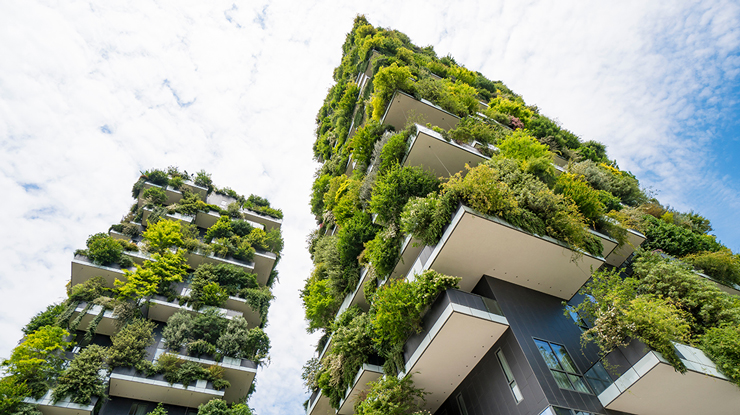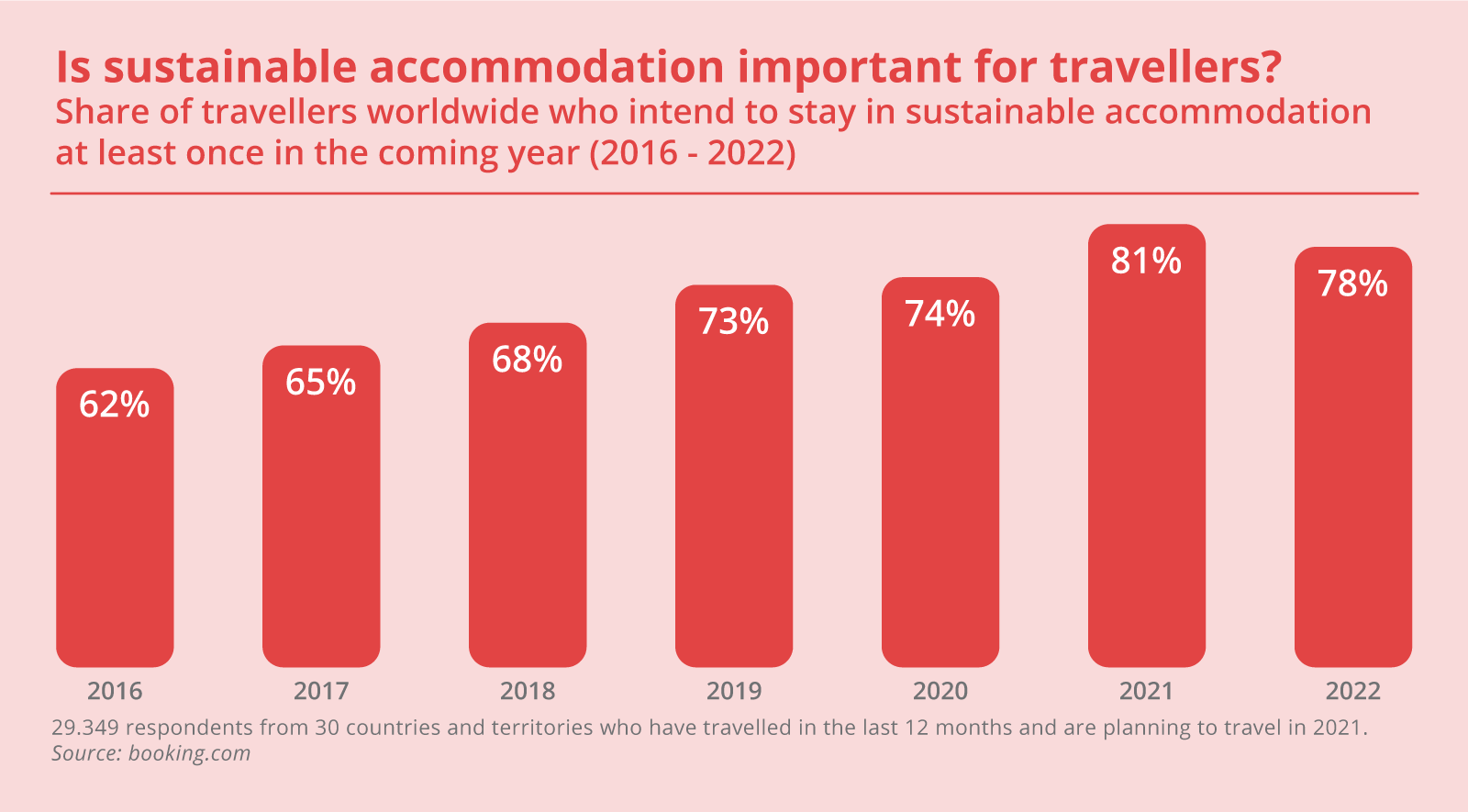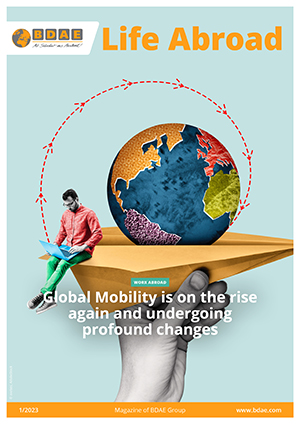Travel providers & Greenwashing: What to watch out for
For an ever-growing number of people, it has become important to think about the environment when planning their travel. And in the wake of the global climate change, this is a good and important way to approach tourism.
However, just because a travel provider says it offered sustainable travel solutions, does not necessarily mean they really are eco-conscious. This is what is called greenwashing. The European Consumer Centre Germany (link in German) provides information on how to recognise greenwashing in tourism and what the European Union is doing about it.
What is greenwashing?
Greenwashing refers to a company's methods of presenting itself as environmentally friendly, when in reality this is not the case. It is often easier for companies to use public relations and marketing to present themselves in a sustainable and "green" light, than to actually rethink their ways and make truly sustainable changes. Consumers are thus deceived and misled by false statements.
How do I recognise greenwashing?
- Transparency: Is it easy to get more information about the project or the company's commitment?
- Imprint: Who is behind the sustainability project? Is there a commercial interest or is there a non-profit organisation behind it? If no contact details can be found here, the project may be dubious.
- Price: Check whether a cheap offer really fits the concept of sustainability. In other words: Is the relationship between a cheap offer and environmental protection realistic at all? (Keyword: ecological footprint.)
- Labels and seals of approval: Does the company have official seals of approval such as the recognised EU Ecolabel (Regulation EEC 880/92) or the TourCert label? The latter evaluates not only individual criteria, such as environmental protection and resource conservation, but also all processes related to tourism offers.
 © Arcansél, AdobeStock
© Arcansél, AdobeStock
European Union (EU) action against greenwashing
In order to meet the defined climate targets and prevent greenwashing, the European Commission adopted the European Green Deal in 2019.
This means that companies have to meet certain standards and follow a defined procedure before they are allowed to market themselves as sustainable.
It is often difficult for consumers to check whether or not green promises are true. That is why the EU has introduced quality seals and labels that are valid throughout Europe and are regularly checked.
The EU Ecolabel or European Eco-label, for example, is awarded not only to products but also to trustworthy and environmentally friendly tour operators. In Germany, too, advertising must not mislead consumers. For example, a product may not be advertised as environmentally friendly if it contains environmentally friendly but also many environmentally harmful ingredients.
Advertising statements that may be truthful but are self-evident and still influence the purchase decision are also inadmissible. An example is the statement: "We comply with the minimum wage". Since every employer must comply with this by law, this is not a statement worth mentioning.
In addition, a product may not be advertised with vague and unclear statements that are not explained further, and a comparison with less environmentally friendly products is also inadmissible.
Increased interest of travellers in sustainability aspects
An annual survey by booking.com proves that travellers around the world are highly interested in sustainability aspects regarding travel planning. The study from 2022 found that 78 percent of respondents intended to book sustainable accommodation at least once that year. Although there is a slight decrease compared to the previous year, there is a positive trend regarding a growing willingness to search for sustainable accommodation. The trend is not only limited to ecological sustainability aspects, but also to the local economy and culture.

The survey also found that travellers are increasingly looking to reduce ecological impacts. They are not only thinking about the local ecosystem as in the desire for sustainable accommodation listed above. About a third of travellers also connect them to supporting the local community, either because they want a stronger local connection or because they believe sustainable accommodation better supports the local community. In terms of accommodation aesthetics, less than 20 percent of respondents associate sustainable accommodation with style or trend.


